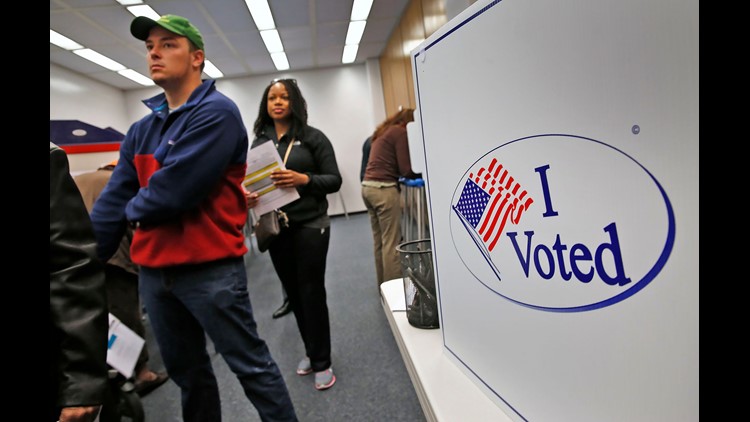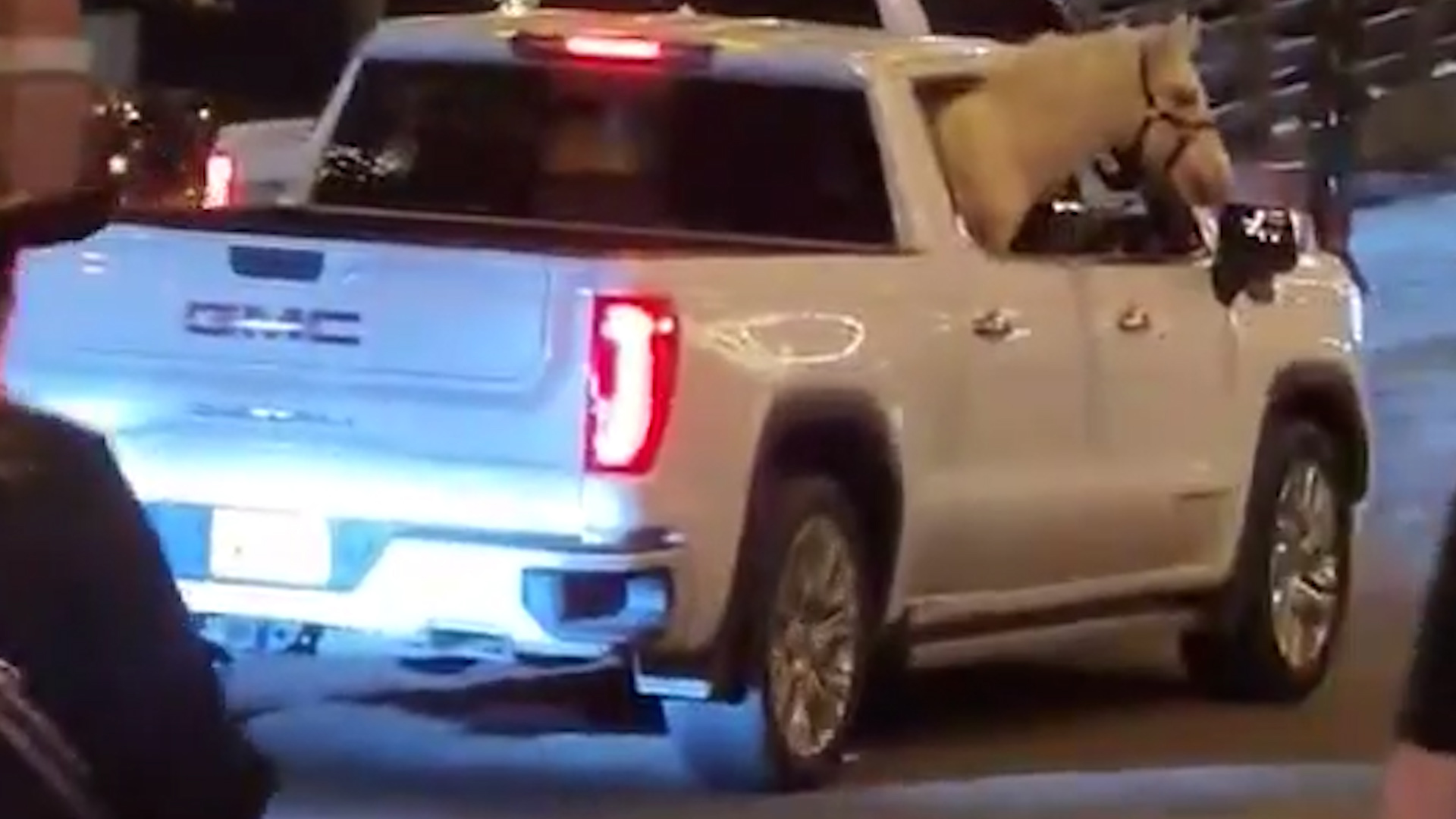(INDYSTAR.com) - The Indiana NAACP and League of Women Voters want to stop the secretary of state from purging people from voter rolls in what the groups call "flagrant violations of federal law."
In a lawsuit filed Wednesday in federal court, the groups say the state's new way to cross-check names on voter rolls violates federal law and is discriminatory.
“No Hoosier should be silenced on Election Day,” said Barbara Bolling-Williams, president of the Indiana State Conference of the NAACP. “Yet, under this new law, that will happen.”
At issue in the latest federal lawsuit filed against Secretary of State Connie Lawson is the new "Interstate Voter Registration Crosscheck" system that allows election officials to immediately remove voters identified as having registered to vote in another state. The process finds a match based on first name, last name and date of birth.
The law, introduced as SB 442, went into effect in July. Gov. Eric Holcomb signed the measure in April.
It took effect as Indiana already led the nation in the percentage of voters purged from the rolls.
Between 2012 and 2014, the state removed 22.4 percent of its voting population, nearly 1 in 5 voters, according to a June report by the U.S. Election Assistance Commission, an independent government agency created by the Help America Vote Act of 2002.
Days after Holcomb signed the new law, Lawson announced in a news release that Indiana had purged more than 481,000 people from voter rolls since 2014.
Lawson's office declined to comment on the lawsuit filed Wednesday in the U.S. District Court for the Southern District of Indiana.
Sens. Greg Walker and John Ford were the authors of the bill. Neither was available for comment Wednesday.
In the lawsuit, the NAACP and League of Women Voters say that the cross-check process violates the National Voter Registration Act of 1993.
The act was established to protect voters from being removed from registration rolls improperly. Known as “motor-voter,” the act sets procedures that officials must follow before removing a voter believed to have moved from one jurisdiction to another.
To adhere with federal law, an election administrator must give formal notice, in writing, to the voter that the voter’s address needs to be confirmed and give an adequate opportunity for the voter to respond.
The NAACP and League of Women Voters allege that the new removal system is unreliable and does not comply with federal law because individuals are not given notice of their deletion from the rolls.
Furthermore, the compliant alleges that the law is discriminatory because "among minority populations where the same or similar last names are more common and first name naming conventions are more common and concentrated around historical periods that correspond with birth dates, the identification of identical or similar names among a small sample of distinct voters has been empirically established."
The groups request an injunction to stop further purging and an order declaring that the law violates the National Voter Registration Act of 1993.
“It is only through the grant of the requested relief that Indiana voters will be protected from these flagrant violations of federal law," the lawsuit says.
The NAACP of Indiana and League of Women Voters also are suing Lawson to keep the state from complying with federal requests for voter data.
The suit, filed in Lake County Superior Court in July, seeks to stop Lawson and other state election officials "from producing information from the state's computerized voter registration files to the Presidential Advisory Commission on Election Integrity, in a manner that does not comply with state law."
The Presidential Advisory Commission on Election Integrity, formed by an executive order in May by President Donald Trump, is meant to study his allegations of voter fraud in last year's presidential election.
Call IndyStar reporter Fatima Hussein at (317) 444-6209. Follow her on Twitter: @fatimathefatima.



